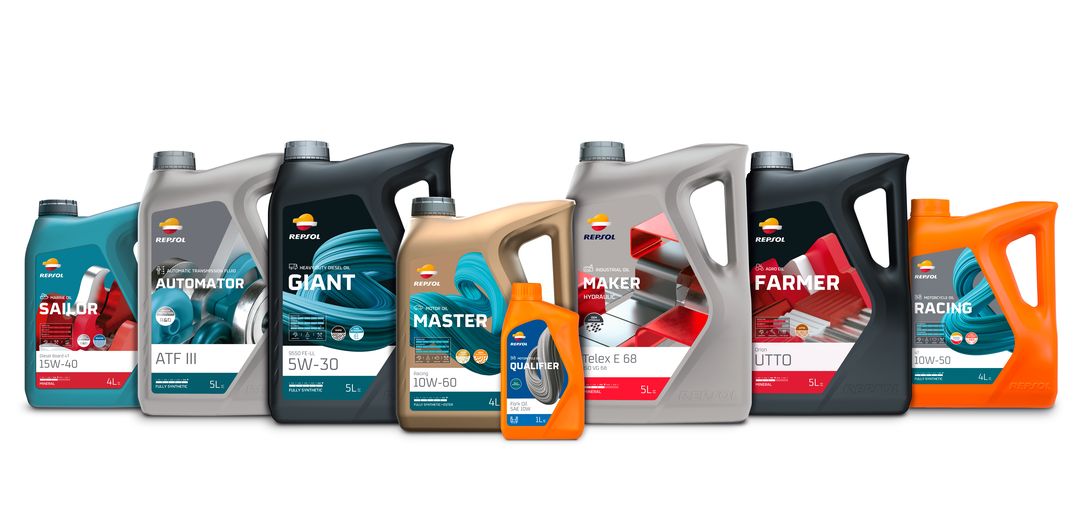Four Tips for Building Strong Relationships with Retail Customers

Establishing and maintaining strong relationships with retail customers is essential for any lubricant distributor. In fact, it's what can make the difference and ensure the your business's success.
That's why, in this article we're going to offer you some effective tips to strengthen these relationships and guarantee fruitful collaboration with this type of customer.
1. Understand customer needs
The first step to building a solid relationship is to know your customers well. This involves more than just knowing their names and the where their stores are; each customer is unique.
Research their business, needs, challenges, and goals. Ask them about their previous experiences with lubricant distributors and what they look for in a business relationship. Use this information to adapt your approach and offer personalized solutions, showing you value their business.
2. Establish constant communication
Regular and effective communication is key to maintaining a healthy relationship. Use various communication channels, such as phone calls, emails and, of course, in-person visits. Keep in constant contact, making sure it's for relevant and valuable issues for the customer.
3. Offer quality technical support
Selling lubricants usually requires specialized knowledge. That's why it's also key to offer technical support to your retail customers. Make sure your team is well trained to quickly respond to queries and resolve issues efficiently, or be able to consult your Repsol sales support.
You can also organize a practical session to give them the knowledge to better understand the characteristics and benefits of lubricants, as well as provide advice to maximize their performance. Quality customer service not only solves problems, it also creates positive experiences that customers will remember.
4. Provide added value and offer incentives
Think about how you can add value to your customers' experience with any additional services, such as fast delivery or inventory management assistance. Incentives are also a good option, such as loyalty programs that reward customers for their loyalty or discounts for bulk purchases. In addition to increasing sales, you will strengthen the relationship with the customer, creating a sense of belonging.
Ultimately, building strong relationships with retail customers is an ongoing process that requires dedication, communication, and flexibility. Remember: in a competitive market, product quality is essential, but interpersonal relationships can be the deciding factor.
Related content




